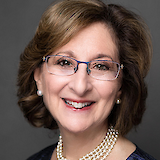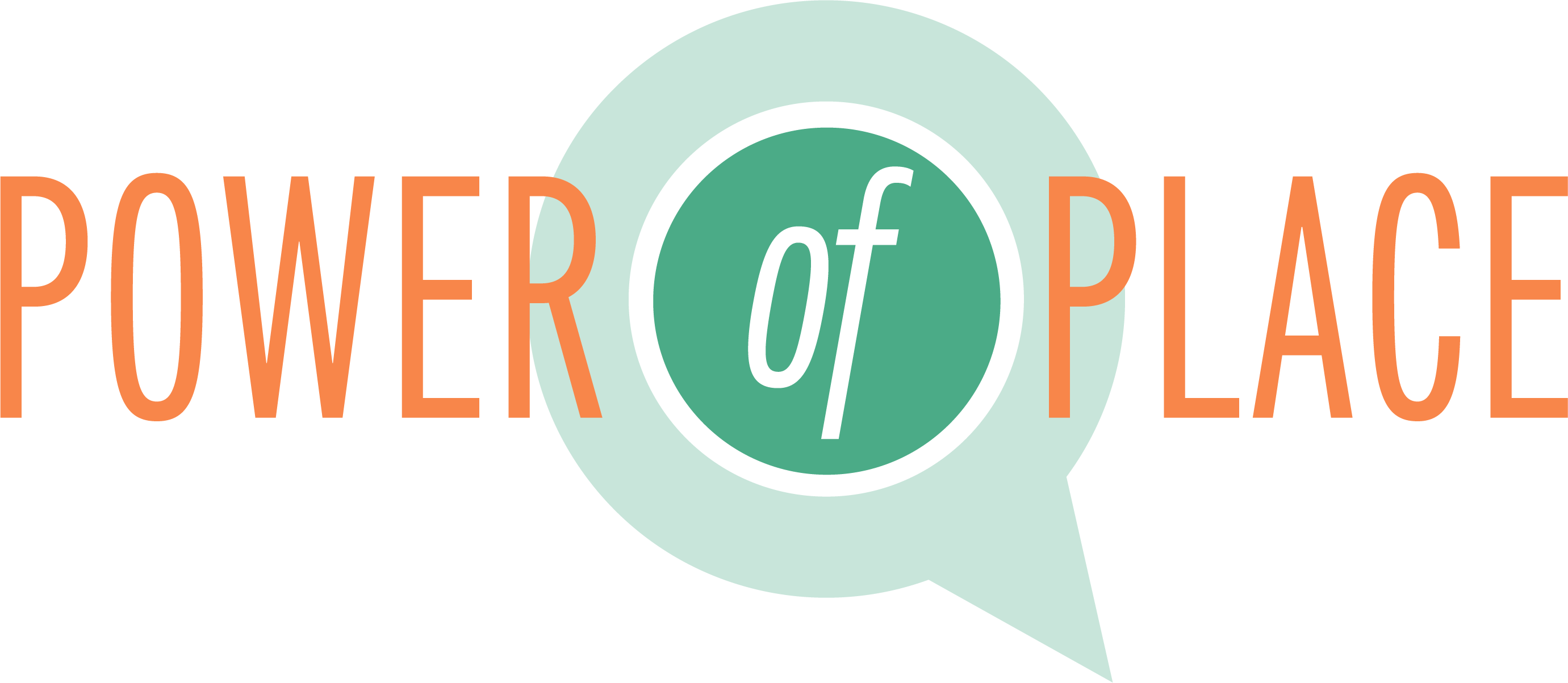December 1, 2023 Read Time:
hidden potential
“When people can’t see a path, they stop dreaming of the destination. To ignite their will, we need to show them the way.” This is one of the many standout quotes from Hidden Potential by Adam Grant, a new book I’ve been reading. Grant is an organizational psychologist who explores the science of motivation, generosity, rethinking, and potential. He draws on scientific studies and human stories to help us see beyond myth and conventional wisdom.

I admit to being somewhat obsessed by the notion of hidden potential. I contend that there are many in our midst who are but one invitation away from more fully expressing who they are and what they can contribute. At its core, education offers us all that invitation – a welcome mat to opportunities, experiences, and supports that build individual and collective capacities. Uncovering students’ hidden potential requires that they be seen, heard, and appreciated in and beyond the classroom.
Just before the holiday, teams from Essex County school districts participating in our Reimagining Middle School working group visited a pilot program at the Collins Middle School in Salem that is, in many ways, revealing students’ hidden potential. Laura Tota will share more about the visit later in this newsletter. Students told us that through their experience in the pilot they are more motivated to learn and take risks, unlike the way they felt in the traditional classroom. Many thanks to WPS Institute, Salem's professional development partner, for helping to make our site visit possible.
Hidden potential exists at all levels of the education workforce. Like students, educators need opportunities for growth and development in order to engage in ongoing learning and reflection. Educators also need space to stretch beyond your comfort zone. Just like students, educators need to be seen, heard, and appreciated in and beyond their school or classroom.
In our celebrity-oriented culture, it seems that only the naturally “gifted” can achieve great things, but that isn’t true. Grant says that growth is not about the genius you possess, it’s about the character you develop. He explores how to build the “character skills and motivational structures, and how to design systems that create opportunities for those who have been underrated and overlooked.” In some ways, the book extends what Carol Dweck offered us in Mindset. (If you are interested in reading the book with your colleagues, here is a list of discussion questions.)
Power of Place is committed to uncovering all of our educators’ hidden potential so that they are able to do the same for students. There is so much potential in all of us - we just need to tap in and give it space to develop.

